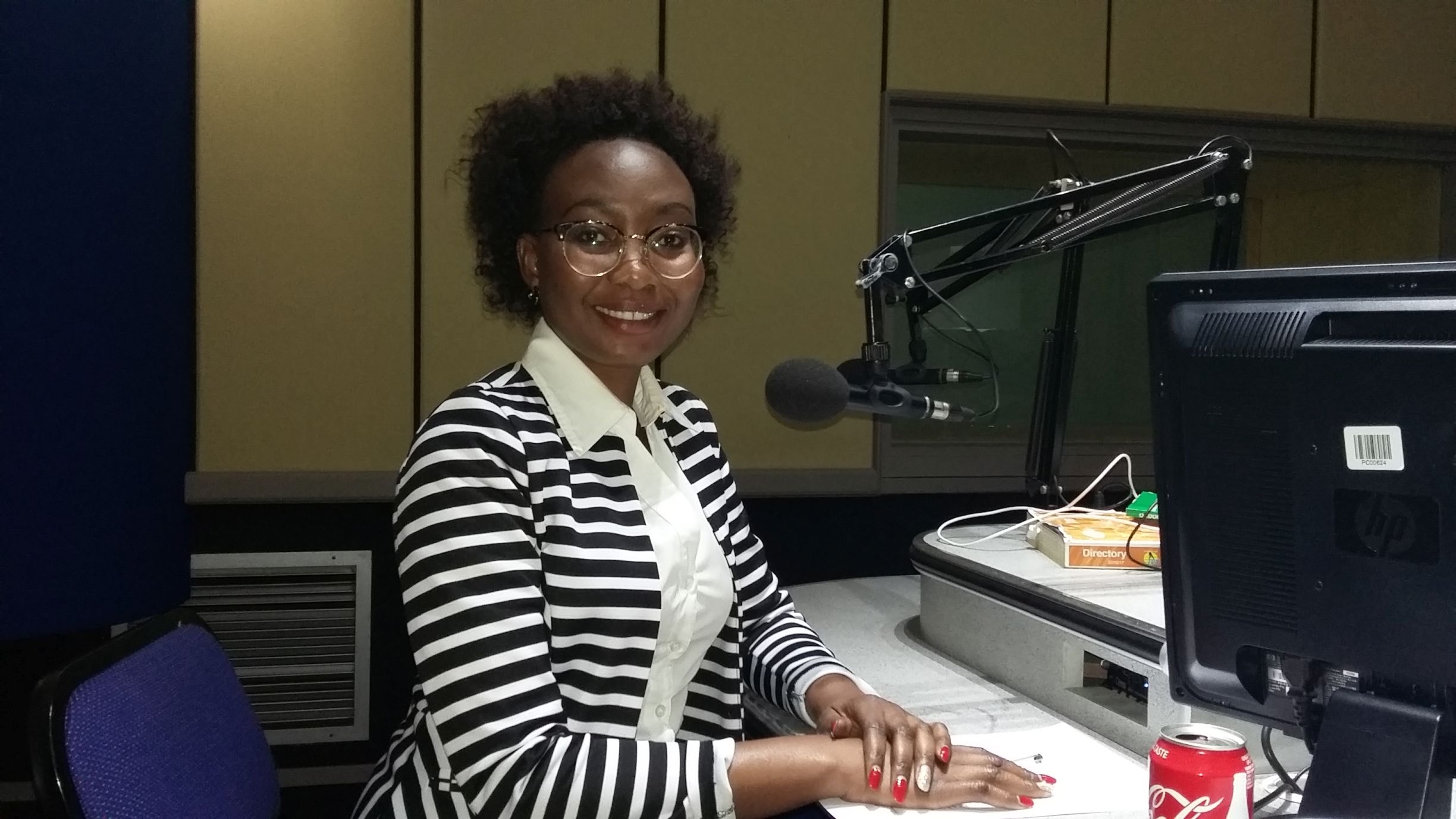Climate change radio show explores role of religion in adaptation

Second episode of Namibia climate change radio series looks at how religious and traditional beliefs are stopping farmers from adopting Climate Smart Agriculture practices in northern Namibia. By Ndamonako Anna Iita.

The role of religion and tradition in hindering climate change adaptation in northern Namibia was the focus of the second episode of ASSAR and Kati-FM’s climate change radio show, which aired Monday, August 6, 2018.
The episode discussed the deep religious and traditional beliefs about weather and climate held by community members in the Omusati region, where ASSAR has been doing its research. Some of these beliefs are stopping farmers from adopting Climate Smart Agriculture practices, such as using climate forecasts for planning farming practices, selling livestock when drought is predicted, and using alternative agricultural practices.
ASSAR's research highlights how some farmers in the Omusati region believe that changes in climate and weather are God’s will and no one can predict them. Such beliefs are evident in statements from people ASSAR interviewed like “Maybe God is angry because of the things people are doing and that is why we are not getting enough rainfall,” or “I cannot tell if the drought is going to worsen or not -- that is God’s work."
Some farmers in northern Namibia stick with their traditional ways of doing things despite climatic changes and other pressures. As one farmer said, “We haven’t changed the crops that we grow. We don’t change them at all even if it is dry or there is good rainfall.”
Others report that changing their beliefs would imply that they are breaking away from their culture, which is considered taboo.
Traditional knowledge is important and has proven valuable for these farmers over generations. But it is becoming less reliable due to climate change and less useful due to other pressures like population growth and land degradation. A strict adherence to traditional knowledge and practices can increase farmers’ vulnerability as it prevents the use of seasonal climate forecasts, hinders the uptake of new farming technologies, and makes people less likely to adopt climate-smart ways of farming.
To promote sustainable adaptation in the region it is necessary to bridge the gap between scientific understandings of weather and climate and the farmers’ traditional understandings. Scientific forecasts that warn farmers of delayed rains or extended years of drought can help farmers change their agricultural practices to cope with these conditions. By working alongside traditional and religious leaders, those involved in sharing science-based climate and weather information could better reach farmers and help them make informed adaptation decisions. One idea ASSAR has promoted in this regard is having religious leaders or church organisations acting as “champions” for Climate Smart Agriculture.
For the radio show, Kati-FM presenter “Maria Maria” was joined in studio by Ndamonako Anna Iita, from the Desert Research Foundation of Namibia. Ester Nangolo, a researcher from the University of Namibia, joined the broadcast from Oshakati, in Namibia’s Oshana region, and shared perspectives on ASSAR’s findings.
The show also looked at why communities in northern Namibia depend on rainfall to cultivate their crops and why they keep large herds of cattle.
Listeners did not get a chance to call in and air their views because of time constraints. But the Namibian Broadcasting Corporation team wanted to know if there are programs being implemented to educate people about religious beliefs, tradition and climate change, what other factors are preventing people from adapting to climate change, and how ASSAR’s findings will be communicated with stakeholders.
ASSAR has published articles in popular Namibian media, like The Namibian newspaper, about some of its findings, and in the coming months will be sharing its outputs with stakeholders in Namibia more broadly.
The next episode of the climate change radio show will be on drought. Japhet Iitenge, Director of Disaster Risk Management in the office of the Prime Minister, will be our studio guest.
A repeat of each Monday’s show airs on Kati-FM every Sunday at 11 a.m.
Ndamonako Anna Iita is a media graduate from the University of Namibia who is currently working at the Namibian Broadcasting Corporation as a freelance indigenous language news presenter, producing news stories and presenting them every Monday at 5 p.m. She is employed by the Desert Research Foundation of Namibia on a two- month internship and is doing translations for the ASSAR project and co-hosting the ASSAR climate change radio series.
Photo: Ndamonako Anna Iita in studio.Supplied by Bernadette N. Shalumbu-Shivute.